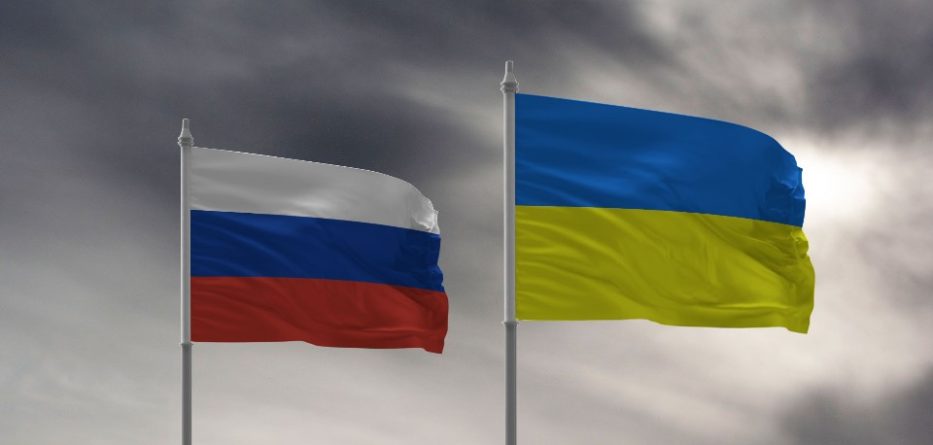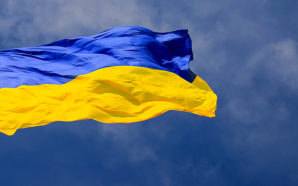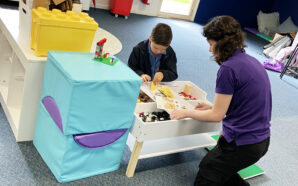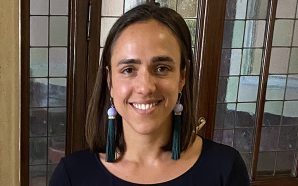Homily for Easter Sunday
Readings: Acts 10:34, 37-43; Psalm 117; Col 3:1-4; John 20:1-9
17 April 2022
I’m on a monthly roster saying masses in the prison here in Melbourne. This Easter Day I will be returning to the prison for the first time in more than a year. With COVID, the prisons have been in lockdown. At last, the prisoners are allowed visitors again. It’s as if the stone has been rolled away from the tomb, and the light can get in once again.
In today’s gospel, we witness three people making their way to the dark tomb before sunrise. There are three pieces of the puzzle, just as there were at the raising of Lazarus. There is the stone that needs to be rolled away. There are the linen cloths in which the body is wrapped, and they need to be unwrapped. And then there is the cloth that is placed on the head of the corpse. Mary of Magdala sees that the stone has been moved and she concludes that the Lord has been taken ‘and we don’t know where they have put him’. The unnamed disciple sees that the stone has been moved and he looks in and sees the wrapping cloths. He waits for Simon Peter to catch up and enter the tomb. Simon Peter sees that the stone has been moved; he sees the wrapping cloths, and then he sees ‘the cloth that had been over the head (of the corpse); this was not with the linen cloths but rolled up in a place by itself’. What a build up. The carefully rolled up face cloth is the give-away. Mary of Magdala’s hunch was wrong. No one has taken Jesus. No enemy has done this. It could only be the power of good. It might even be Jesus himself.
We’re not yet told that Simon Peter believed. But we are told that the unnamed disciple now returns to the tomb, sees all three pieces of the puzzle and believes. It’s at this moment that he and Simon Peter come to understand the teaching of scripture, that Jesus must rise from the dead. No words are spoken. Or if they are they are not reported. Silence at the scene is enough to communicate the message that the Lord is risen, that there is life after death, that the state of the world and the way it works are not the last word on justice, peace and truth. In darkness there is light. In the absence of deceased loved ones, there is presence. In silence there is truth beyond what can presently be said.
For the first time in 3 years because of the COVID pandemic, Pope Francis was able to celebrate the Stations of the Cross at the Colosseum on Good Friday. At the thirteenth station, ‘Jesus Dies on the Cross’, two women, Albina from Russia and Irina from Ukraine – friends and both nurses in Rome – carried the cross and looked into each other’s eyes with tears communicating all the pain of people being at war and the undying hope of peace and reconciliation. Preparing for the procession, Albina told Irina that it was important to ‘pray for the children who are no more, for the soldiers who lost their lives and can’t even be buried.’ Irina described the sharing of the cross-carrying as a ‘great responsibility’.
The prepared order of service included these words which Albina and Irina helped to craft:
‘Death everywhere. Life that seems to lose its value. Everything changes in a few seconds. Our life, our days, the carefree winter snow, bringing the children to school, work, embraces, friendships… everything. Everything suddenly loses meaning and value. “Where are you Lord? Where are you hiding? We want our life back as before. Why all of this? What wrong did we do? Why have you forsaken us? Why have you forsaken our peoples? Why did you break up our families like this? Why do we no longer have the desire to dream and to go on living? Why has my land become as dark as Golgotha?” We have no tears left. Anger has given way to resignation. We know that you love us, Lord, but we don’t feel this love and it drives us to desperation. We wake up in the morning and feel happy for a few moments, but then we suddenly think how difficult it will be to reconcile ourselves to all this. Lord where are you? Speak to us amid the silence of death and division, and teach us to be peacemakers, brothers and sisters, and to rebuild what bombs tried to destroy.’
Being attentive to the objections of some Ukrainian representatives, the Vatican officials decided to omit these words from the order of service. The narrator announced, ‘In the face of death, silence is the most eloquent of words’, inviting the 10,000 people present to take a moment and ‘pray for peace in the world’. The Vatican News Service later explained that ‘silence spoke louder than any words’. After the fourteenth Station, Pope Francis prayed:
‘Lord, turn our rebellious hearts to your own heart, so that we may learn to pursue plans of peace. Inspire adversaries to shake hands, and taste mutual forgiveness. Disarm the hand of brother raised against brother, so that where there is hatred, concord may flourish. Grant that we never act as enemies of the cross of Christ, so that we may share in the glory of his resurrection. Amen.’
Our Easter joy does not take away the pain of the absence of departed loved ones. Our Easter joy does not put right the wrongs in our world. Our Easter joy does not assure us justice and peace here and now, or even ever on this side of the grave. But our Easter joy does keep alight the hope of continued presence of departed loved ones. Our Easter joy does inspire us to keep striving for justice and peace, even hoping for justice and peace here and now, despite the odds being stacked against it. Our Easter joy gives us the light and space for enemies to begin to speak to one another and for opponents to dare to speak of reconciliation and peace.
This is the day the Lord has made; let us rejoice and be glad.
Give thanks to the Lord for he is good,
for his love has no end.
Let the sons of Israel say:
‘His love has no end.’
This is the day the Lord has made; let us rejoice and be glad.
The Lord’s right hand has triumphed;
his right hand raised me up.
I shall not die, I shall live
and recount his deeds.
This is the day the Lord has made; let us rejoice and be glad.
The stone which the builders rejected
has become the corner stone.
This is the work of the Lord,
a marvel in our eyes.
This is the day the Lord has made; let us rejoice and be glad.
This Easter we give thanks for those like Albina and Irina who dare to hope and dream of a better world and of eternal life to come. Let’s hope and pray that the stone can be rolled away for those locked in tombs of darkness, despair, injustice and war. Happy Easter.
Fr Frank Brennan SJ is the Rector of Newman College, Melbourne, and the former CEO of Catholic Social Services Australia (CSSA). He has been appointed a peritus at the Fifth Plenary Council of the Australian Catholic Church.








